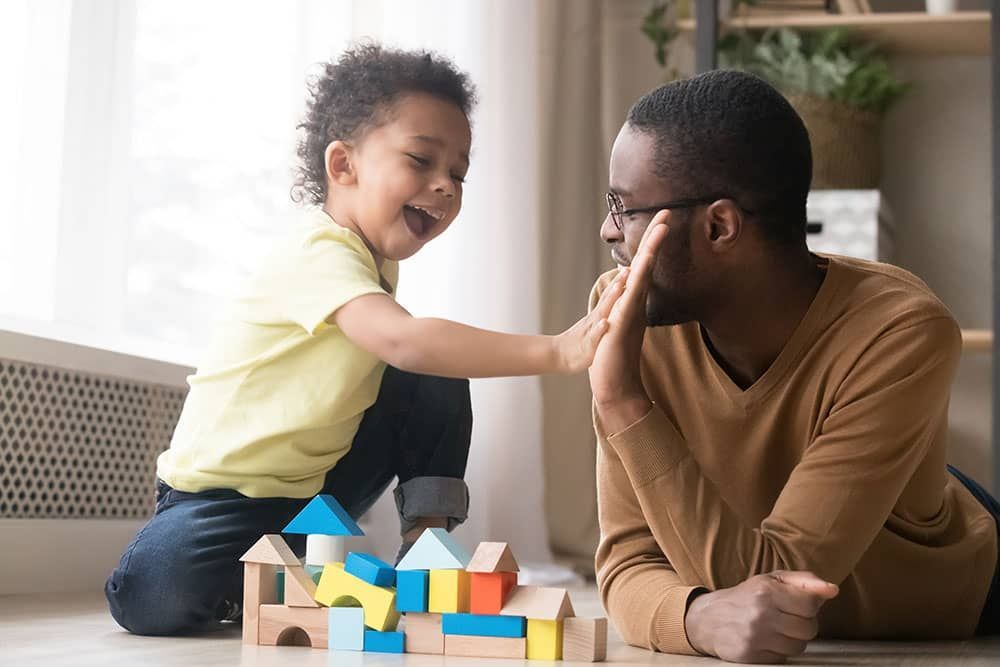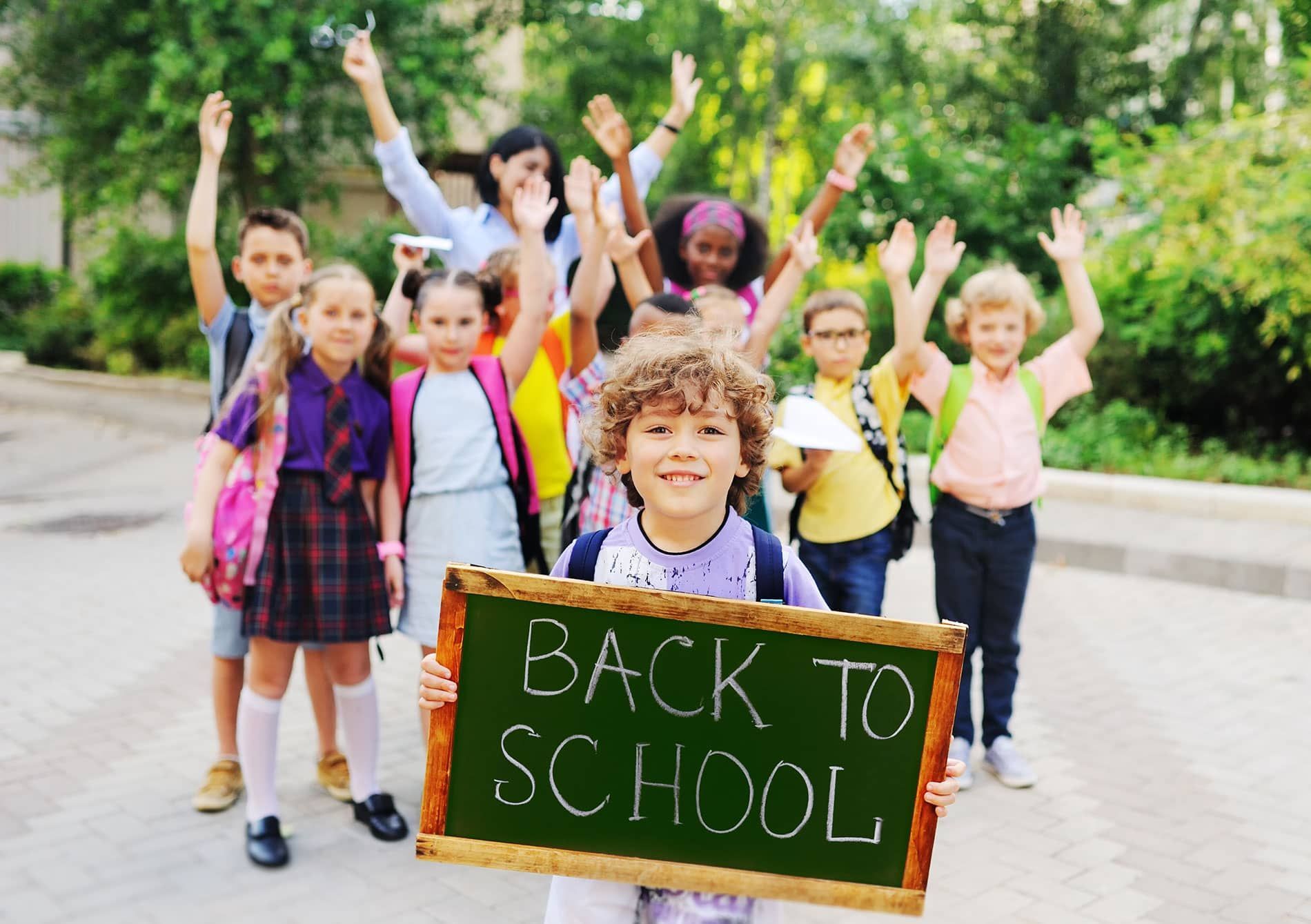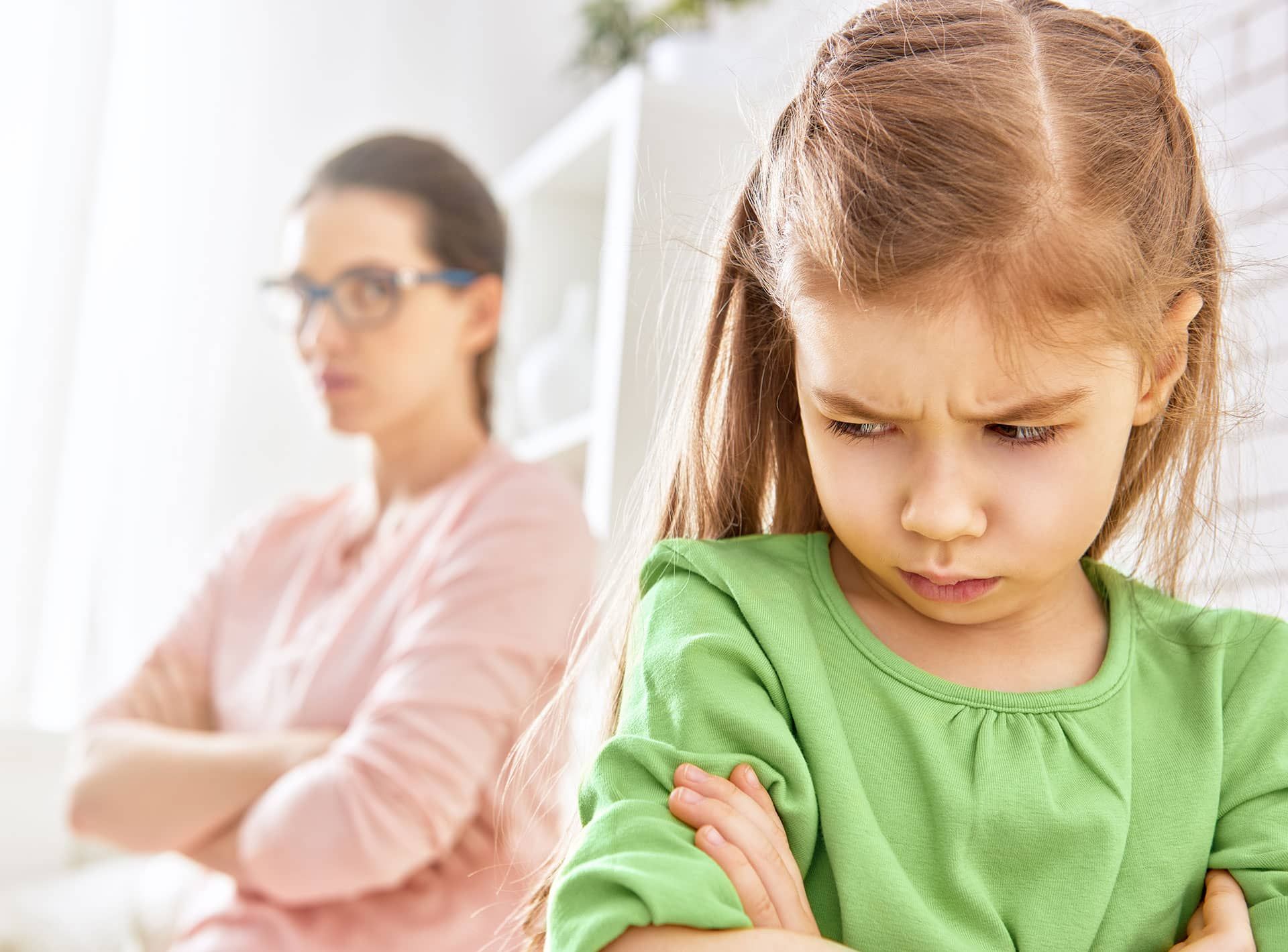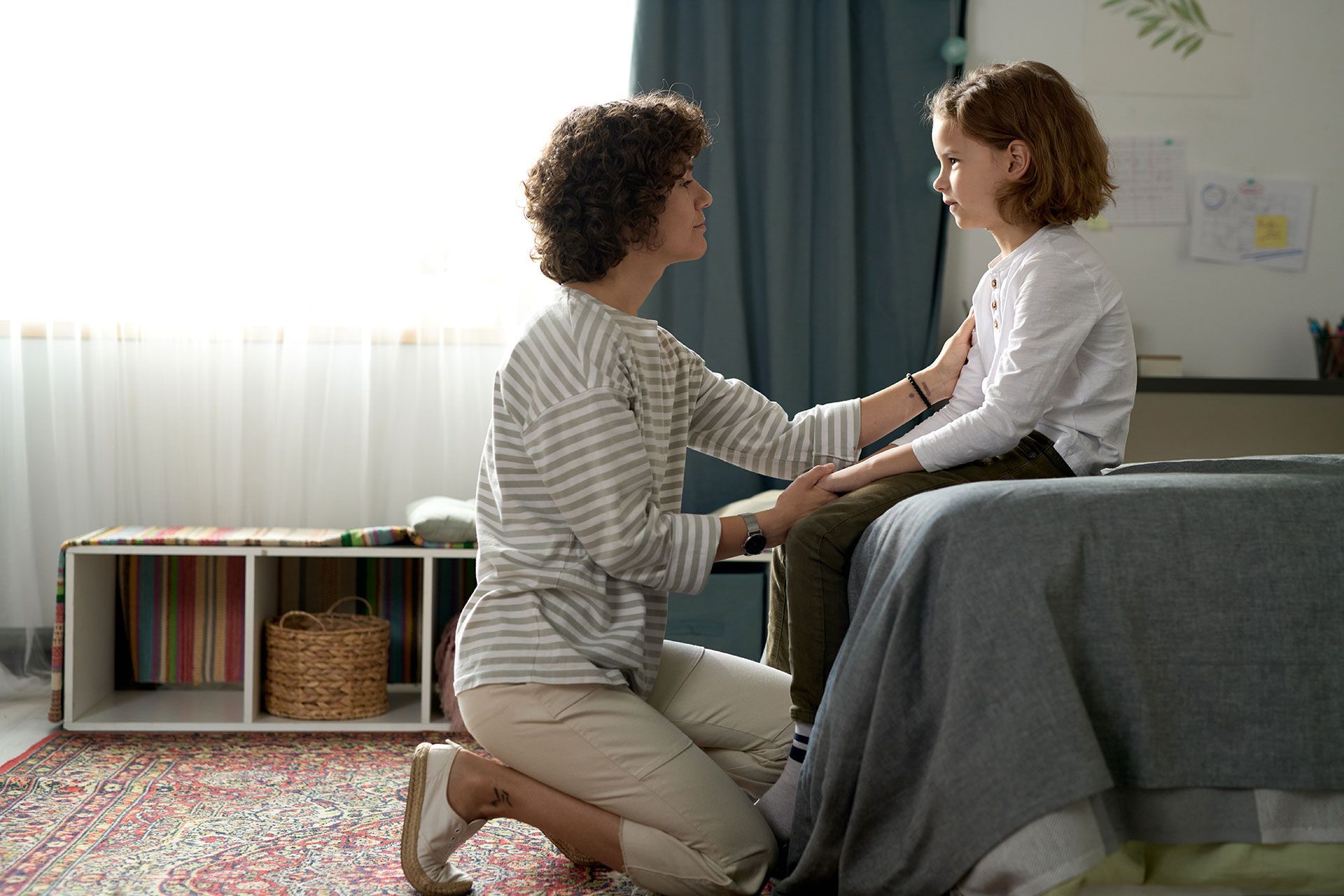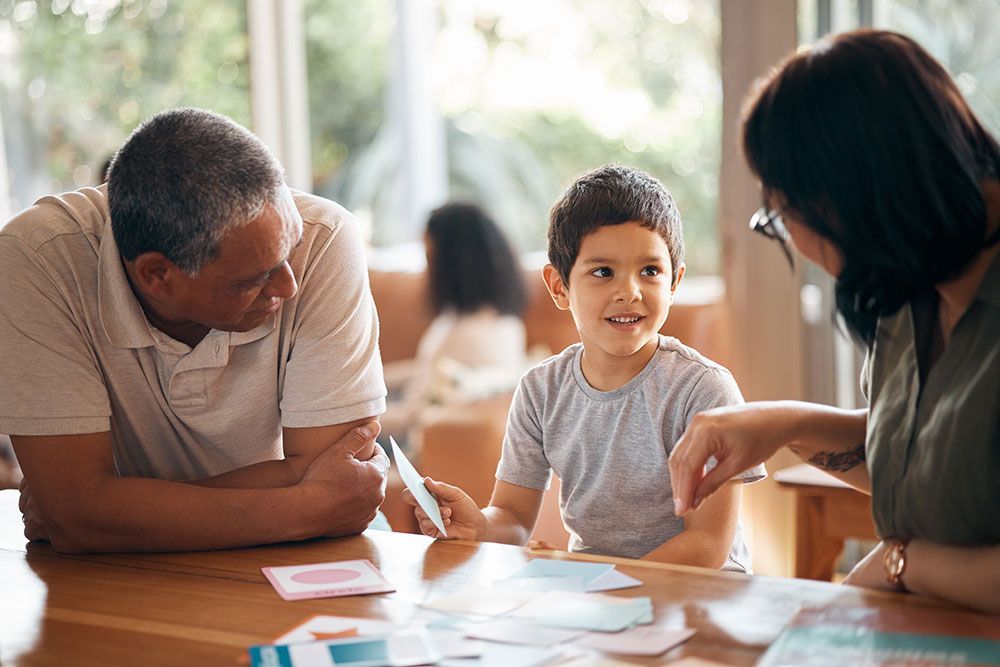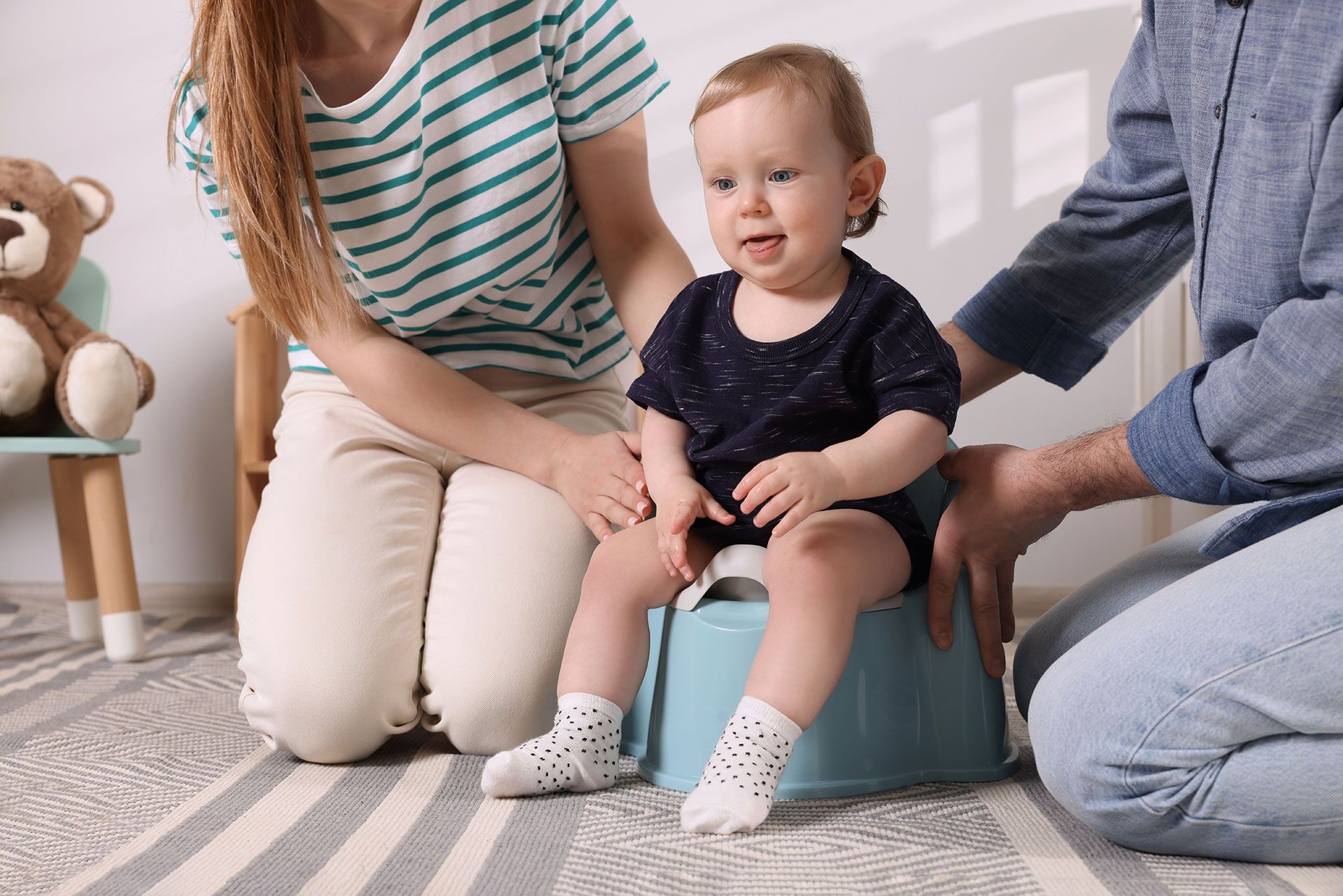Introducing Doc Talks with Dr. Cohn
Have you ever found yourself watching your child or grandchild’s behavior and thinking, “how in the world am I supposed to handle this?” ...if so, you are not alone! With so much advice floating around, many caregivers find themselves facing decision paralysis – fearful of making a wrong move and mishandling a situation. The good news is that there is a simple, research-based mindset shift that can help to guide us in the right direction: Shine Your Spotlight!
The behaviors of young children are ever-changing. One minute, they might whine, complain, and tantrum – even though they are wonderful helpers and good listeners just a short time later. Instead of getting stuck focusing on the unhelpful behaviors, first think about what you can do to increase good behavior. The most powerful way to do this is by shining your spotlight on the child when they are behaving well. When you shine your spotlight, you are providing lots of positive attention and letting the child know that you notice them. Praise is one of the most powerful ways to let children know that you enjoy their helpful behaviors.
Positive attention is also an important way to help children feel good about themselves. Praise sends an important message to children, so it is essential that you say something specific like, “Thank you for helping me,” or “I love that you’re playing so quietly,” or “Great job sharing with your brother.” The child will need to hear these words often in order to know you’re attending to them. Specific praise should also include non-verbal communication too (hugs, hi-fives, fist bumps, back rubs). Remember to praise frequently!
When children do not get enough positive attention for behaving appropriately, they learn that the best way to get attention is to misbehave. This might mean that you are having to manage more interrupting, yelling, whining, complaining, and arguing during the day. Children may also behave this way when they are upset, stressed, or just not getting their way. When caregivers respond to displeasing behavior with a brief period of ignoring- turning off the spotlight- they signal to children that they must behave appropriately in order to get attention. It is important to remove both verbal and non-verbal attention during these moments. Also, remember to return your bright spotlight with lots of praise as soon as the child is back to engaging in an appropriate behavior.
Give this strategy a try and help the children in your life learn which behaviors make them shine!
Katherine Cohn, PhD
Licensed Clinical Child Psychologist
Licensed Specialist in School Psychology
